Tankless vs Tank Water Heater: How to Decide Which is Right for You?
If you're trying to figure out which water heater to get for your home, there are two options: tankless and tank. We'll go over each type and talk about the pros and cons, like cost efficiency, maintenance, installation and longevity. By the end, you’ll have all the information you need to make a wise decision. We're here to help make it easy.

What is a storage tank water heater and how does it work?
Many homes and businesses use storage tank water heaters. These heaters rely on a storage tank to hold water, which is then heated and drawn for use through a faucet. Heating elements inside the tank or burners heat the water to a desired temperature, while insulation prevents heat loss. Although newer tankless water heaters have become popular, the trusted and cost-effective storage tank water heater remains a dependable choice.

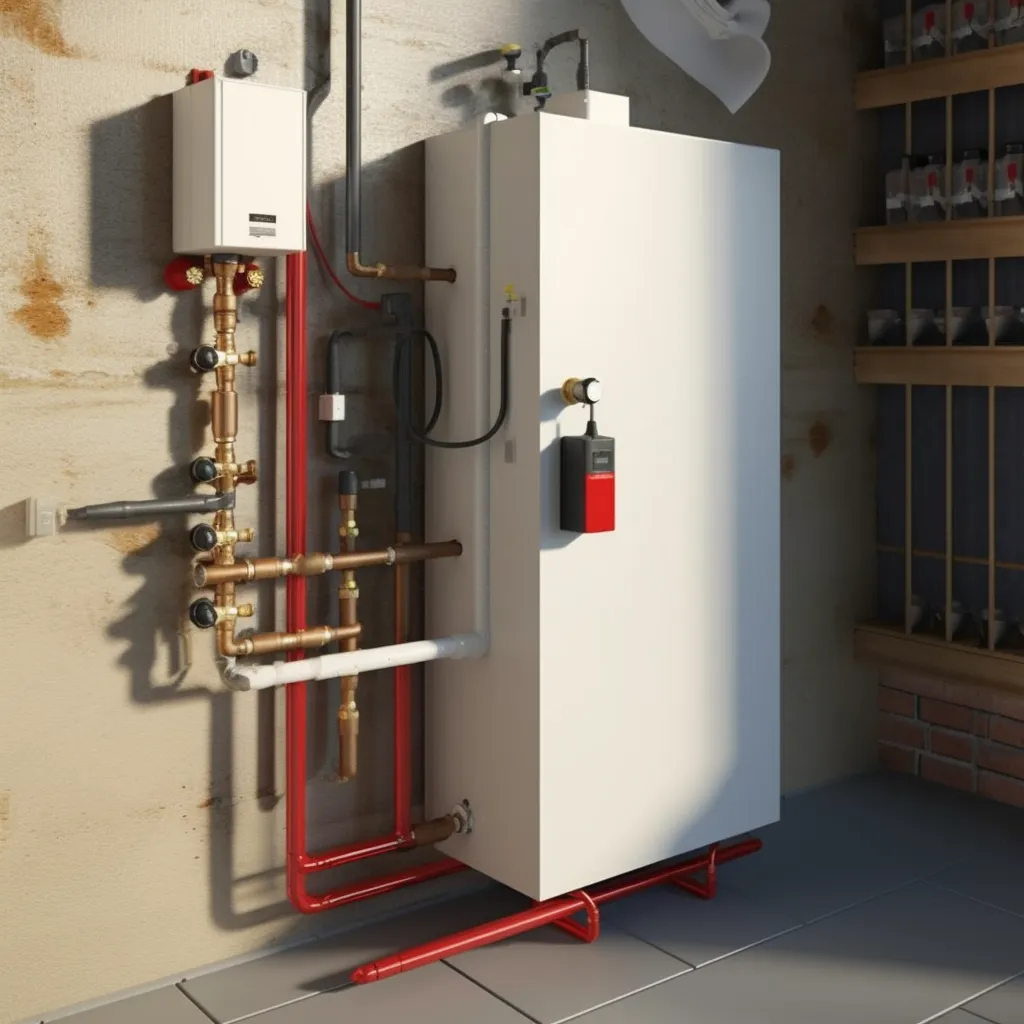
What are the benefits
of a tank water heater?
Tank water heaters offer several advantages:
Cost: When it comes to cost, tank water heaters are usually cheaper to buy and install than their tankless counterparts.
Capacity: They provide a larger supply of hot water for use thanks to their storage capacities.
Reliability: If you're looking for reliability, tank water heaters are a safer bet, since they're less likely to malfunction than tankless models.
Maintenance: As an added bonus, tank water heaters typically require less maintenance, which can save you money on repairs over time.
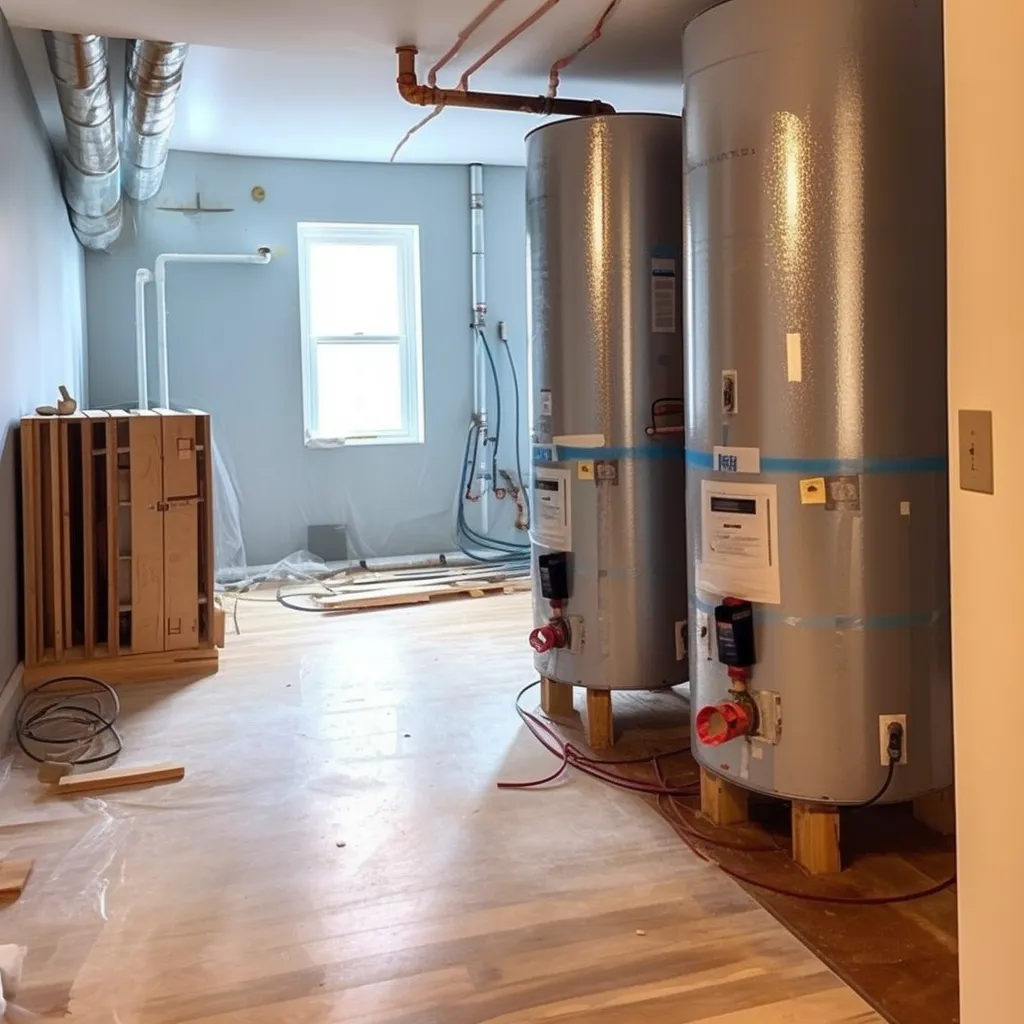
What are the downsides of a tank water heater?
Tank water heaters do come with several drawbacks:
Space requirements: Tank water heaters need more space than their tankless counterparts, which makes them ill-suited for homes with limited space.
Energy efficiency: With higher utility bills, older tank heaters are less energy efficient than newer models.
Limited lifespan: While they last for 8-12 years, their lifespan is still limited compared to tankless systems that last up to 20 years.
Inconvenient of house runs out of hot water: It can be frustrating for homes requiring vast amounts of hot water since it can take several hours to reheat if the tank runs out of hot water.
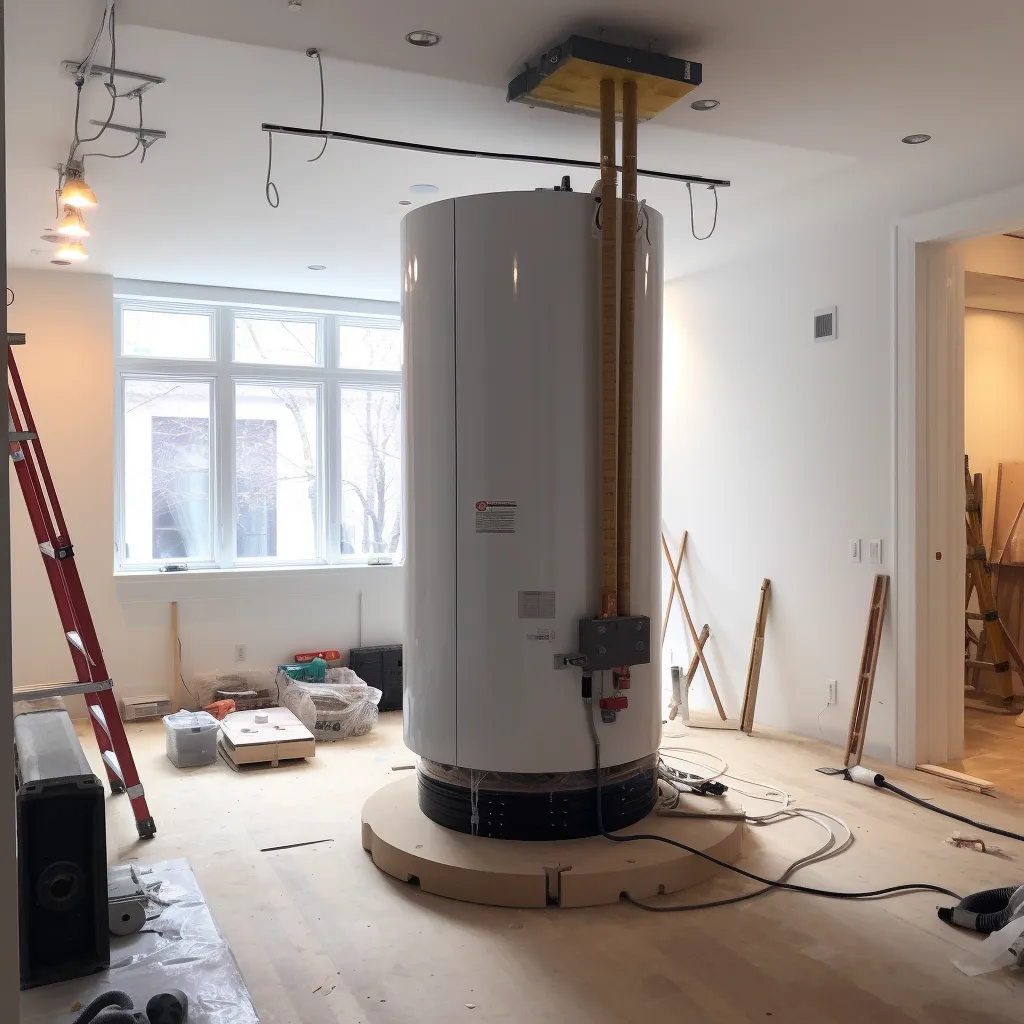
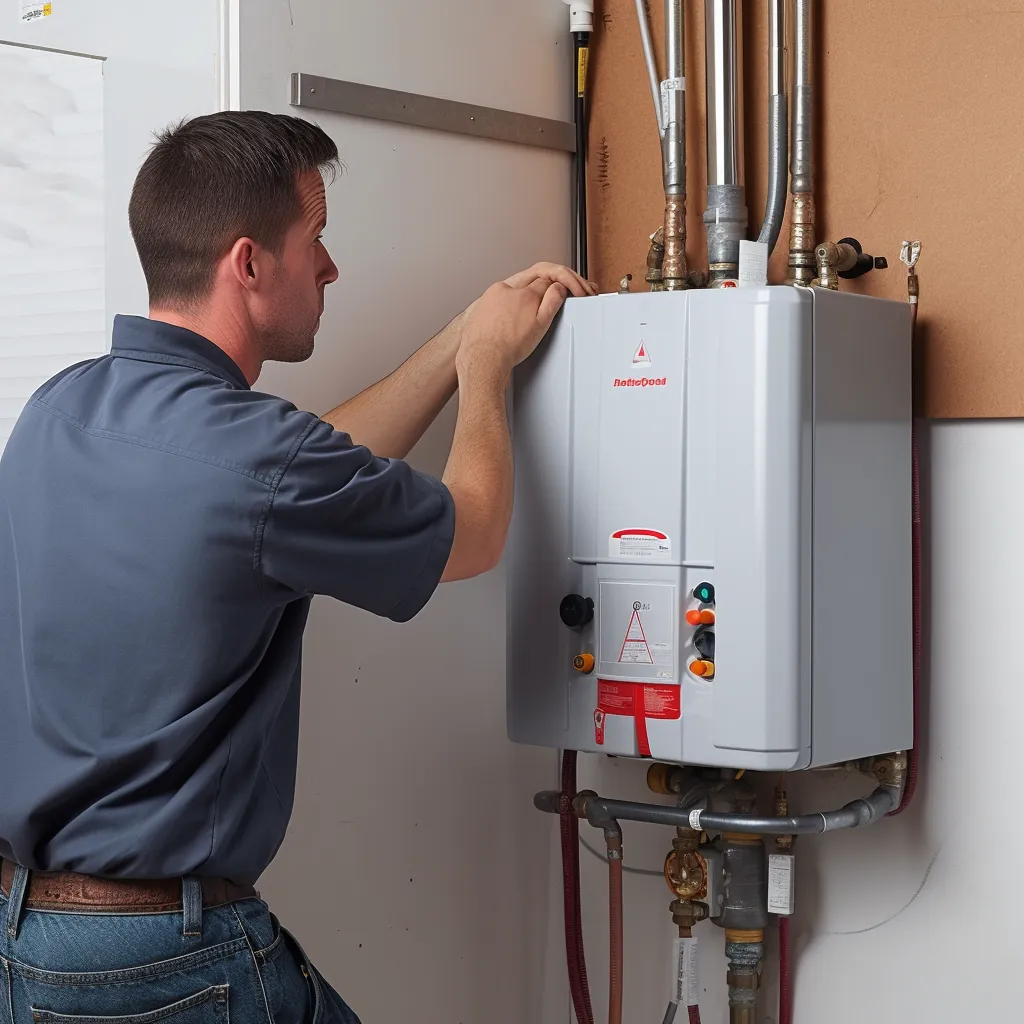
What is a tankless water heater and how does it work?
When it comes to hot water heaters, tankless models are where it's at. Unlike traditional models, these systems provide hot water on demand by heating it as it flows through the unit. That means no bulky storage tank and instant hot water whenever you need it. Here's how they work: When you turn on the hot water tap, cold water enters the unit and gets warmed by a heat exchanger. Then voila! Hot water straight from the tap.
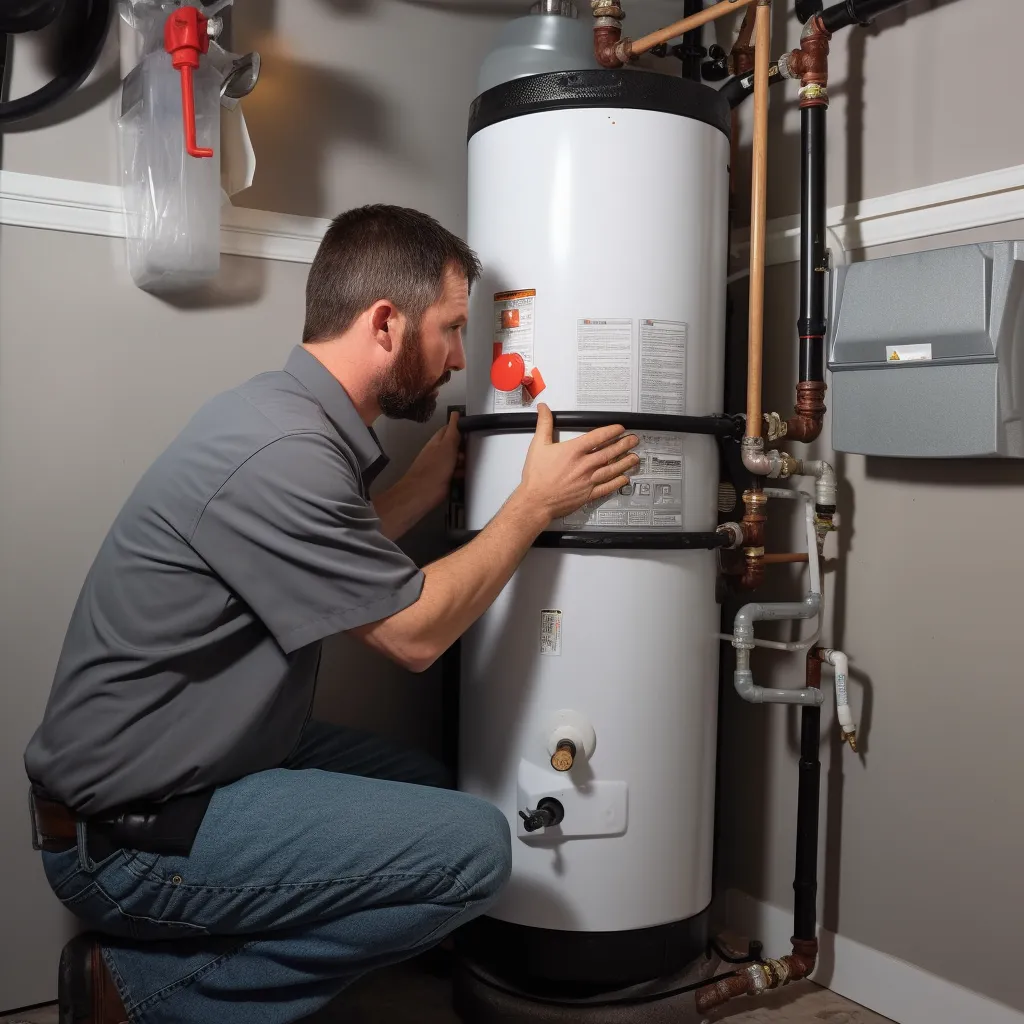
What are the benefits of a tankless water heater?
Tankless water heaters are quickly becoming the preferred choice for homeowners across the country, thanks to their numerous advantages:
Energy efficiency: Tankless water heaters are incredibly energy-efficient, resulting in reduced utility bills.
Unlimited hot water supply: They offer an unending supply of hot water on demand.
Space savings: Since they don't store hot water like traditional tank models, they save space in homes with limited square footage.
Longer lifespan: They last longer - typically 15-20 years compared to the 8-12 years of the traditional tank water heaters.
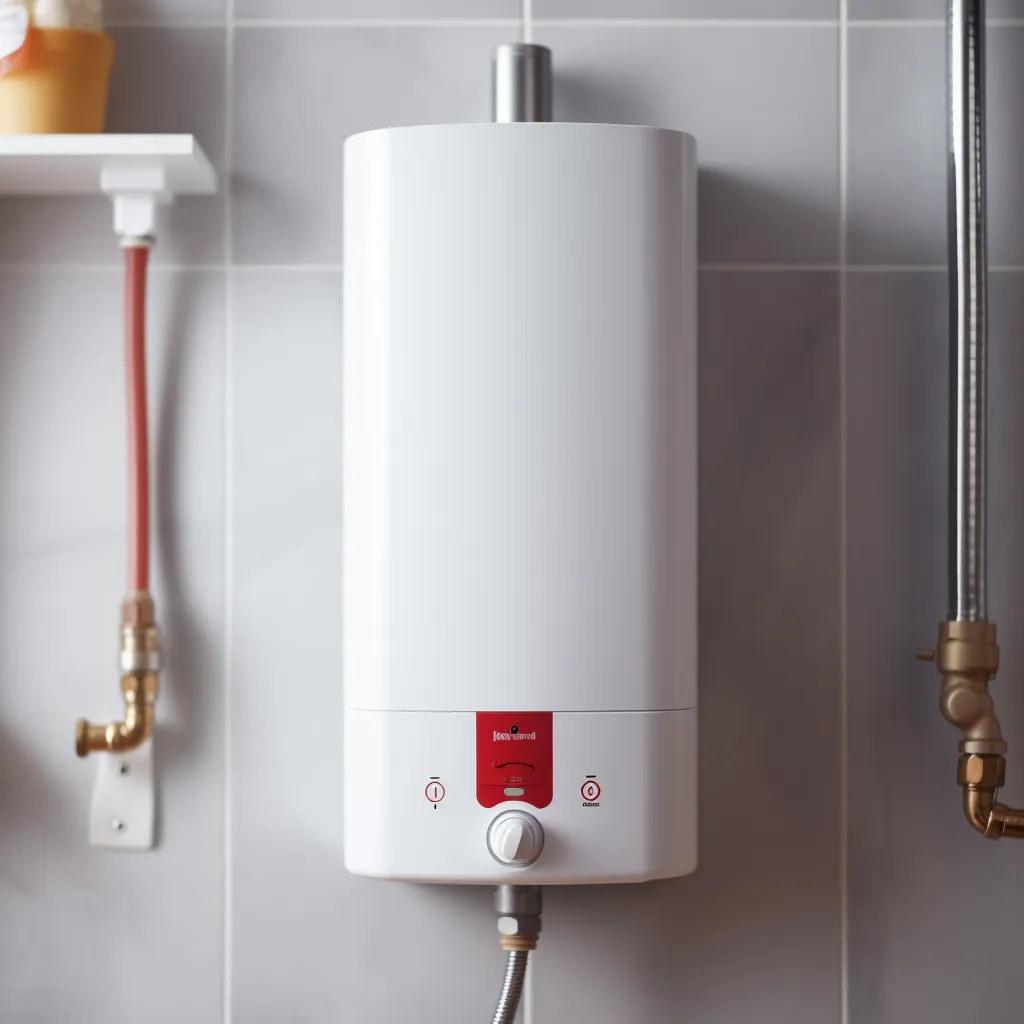
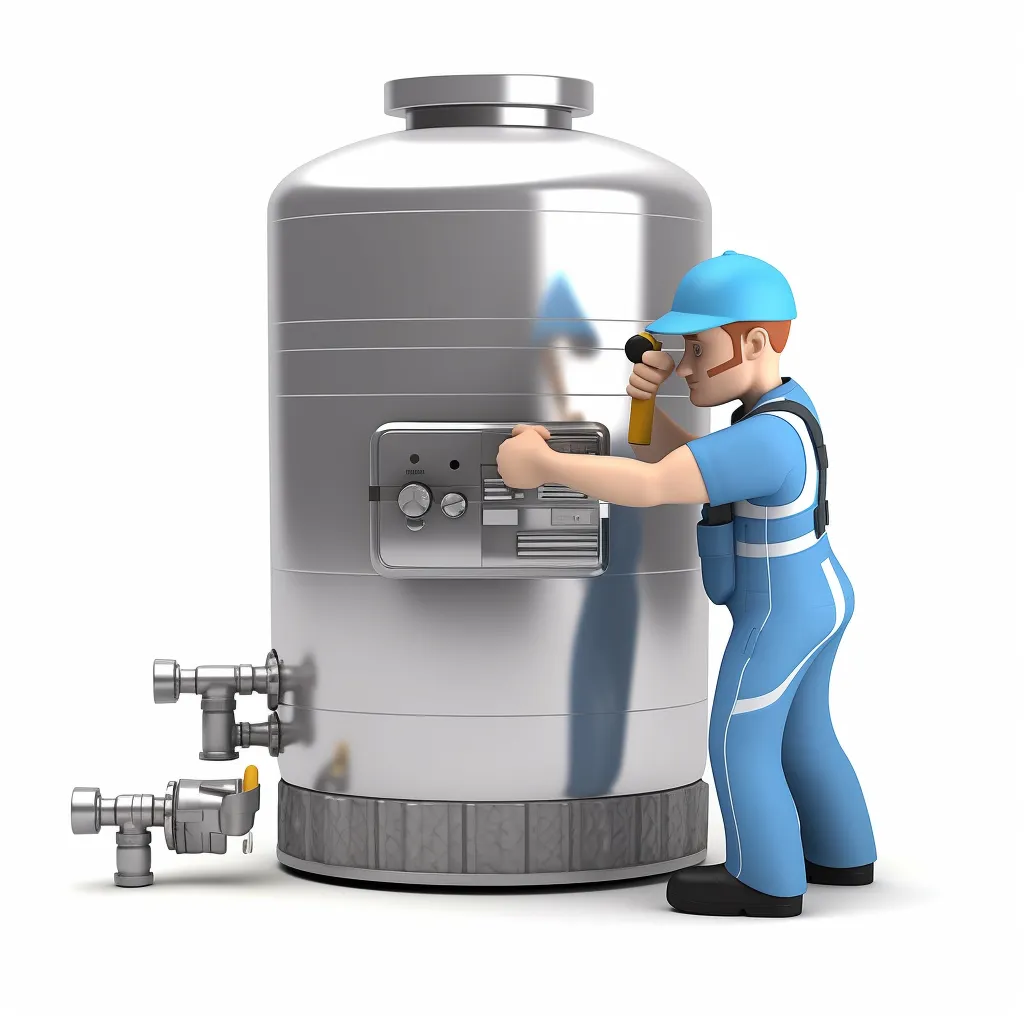
What are the downsides of a tankless water heater?
Tankless water heaters come with a few downsides:
Upfront costs: Tankless systems typically cost more to buy and install than tank models.
Maintenance expenses: Tankless systems need more frequent upkeep than traditional tank heaters, which can cause greater expenses for repairs.
Flow rate limits: High flow rates can decrease the effectiveness of a tankless system, so it's crucial to match the unit correctly with your home's requirements.
Temperature control: A few tankless systems might not be able to keep up with high demand, resulting in a narrow range of temperature settings being available at any time.
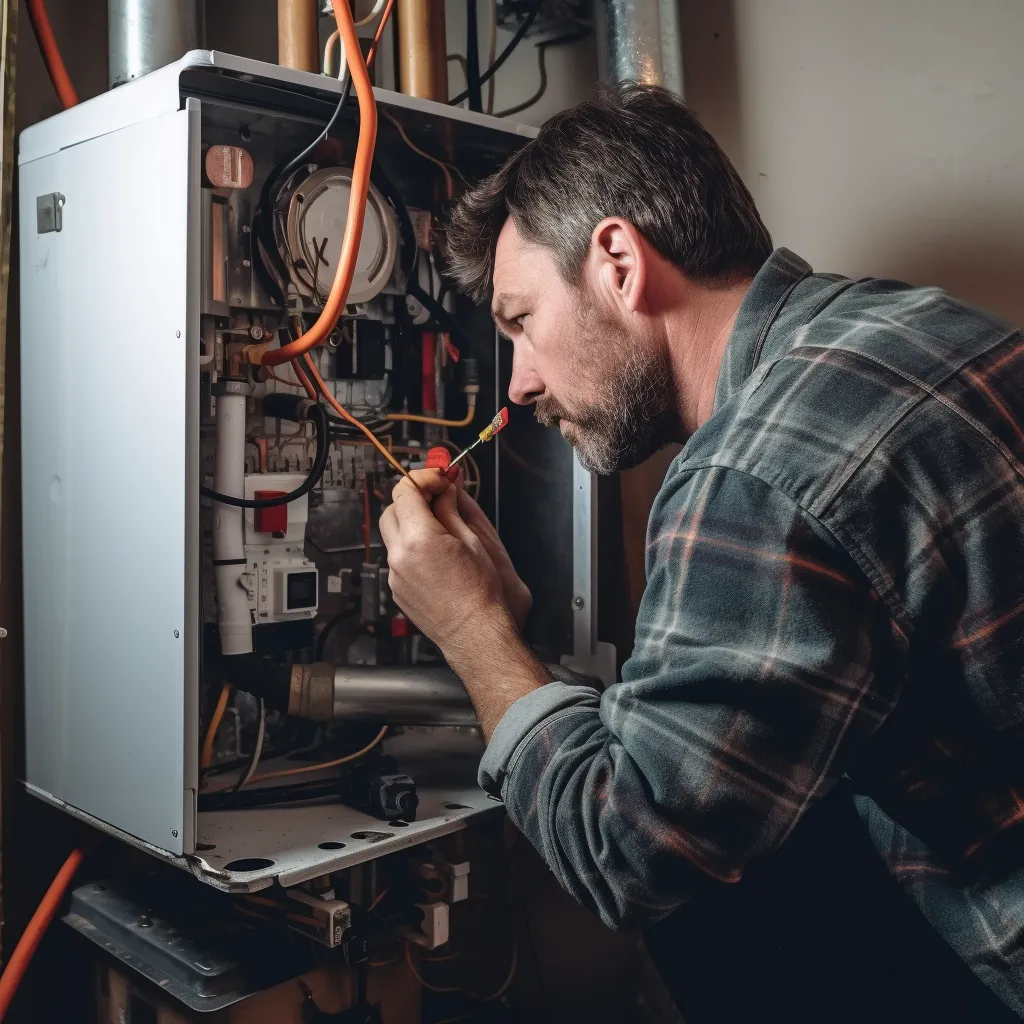
How energy-efficient are storage tank water heaters?
Traditional storage tank water heaters are a serious energy hog. They constantly warm up and store water, even when it's not needed, guzzling up energy unnecessarily. But the newer ones are way better. They're made to be energy-savers, with insulation and heating elements that are top-notch. So, although they may not be the greenest option, they're still a solid and dependable choice for lots of different homes.
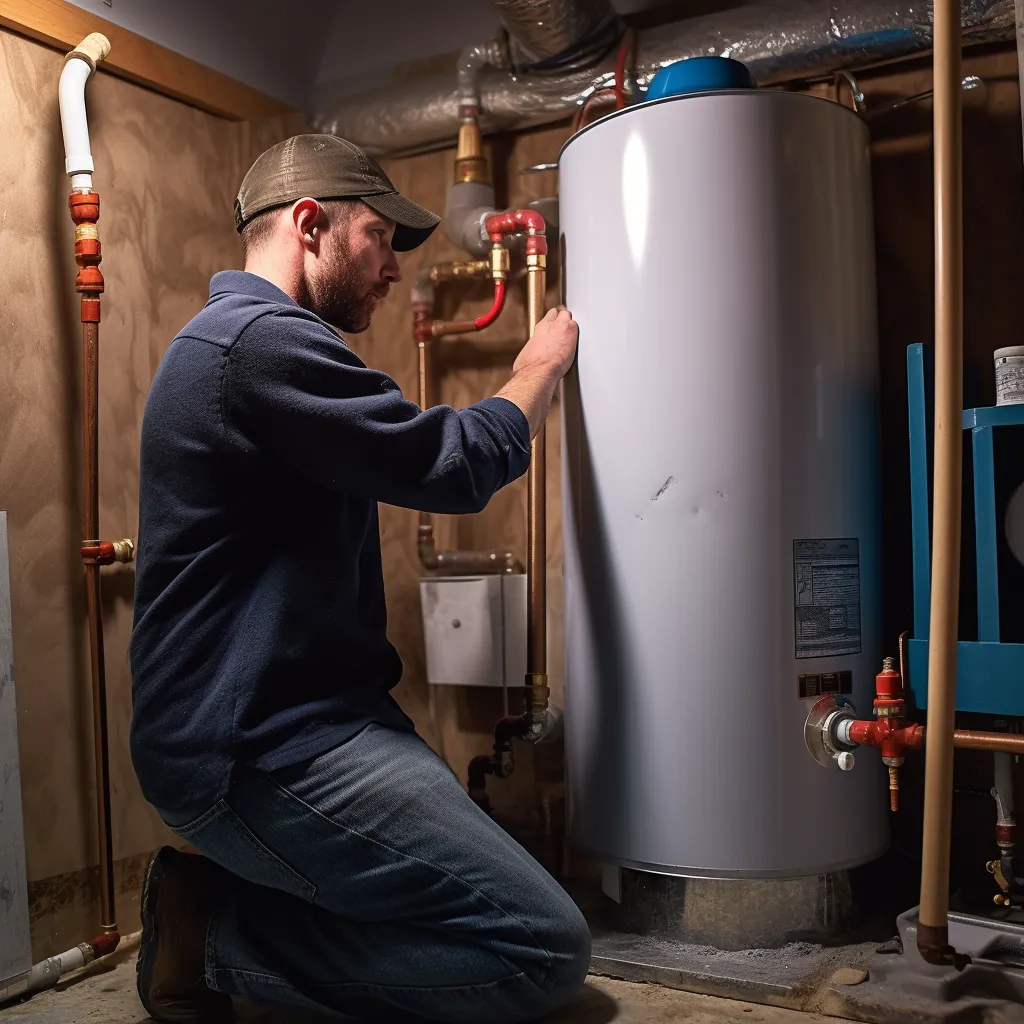
How energy-efficient are tankless
water heaters?
Tankless water heaters are a hit for their energy-saving features and cost-effectiveness. But how do they really fare in terms of being energy-efficient? According to experts, they can be up to 34% more energy-efficient than traditional tank-based water heaters. This is because they heat water only when it's needed, unlike tank-based systems that keep a large amount of water heated constantly. As a result, they don't have to work as hard to keep the water temperature consistent. Another great thing is that they have a longer lifespan than traditional water heaters, which means they could save even more energy in the long term.
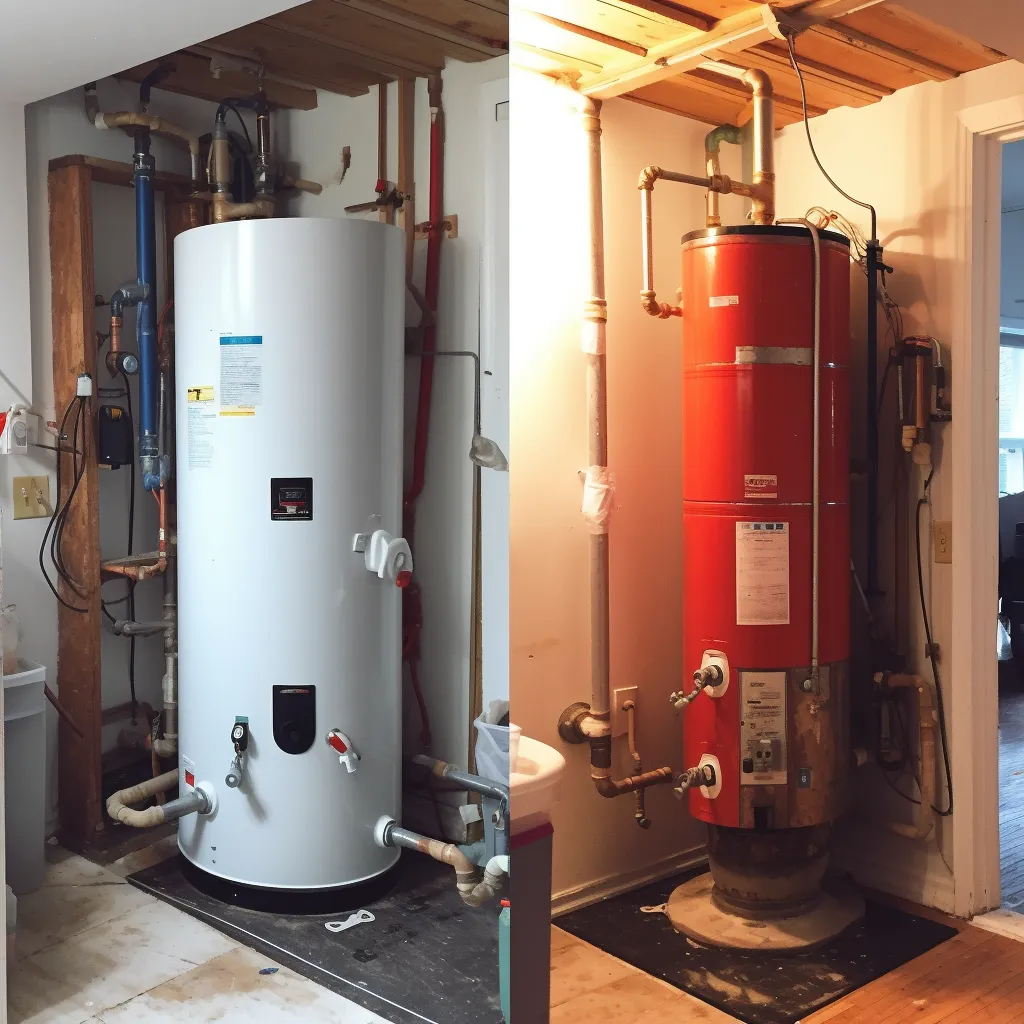
Cost and installation requirements for a tank water heater
Tank water heaters come with a price tag that depends on their size and type. You can usually expect to pay between $500 and $2,000, but your costs could go up if you choose a fancier model with more bells and whistles. When it comes to installation, expect to spend about $1,000 to $1,500 -- although your actual costs could be higher or lower based on local labor rates and the plumbing you have in your home. Keep in mind, too, that you'll need a dedicated electrical circuit and a reliable gas line for your new tank water heater. And don't forget about tank size! To make sure you have enough hot water for everyone in your household, make sure you choose a tank that's appropriately sized for your needs.
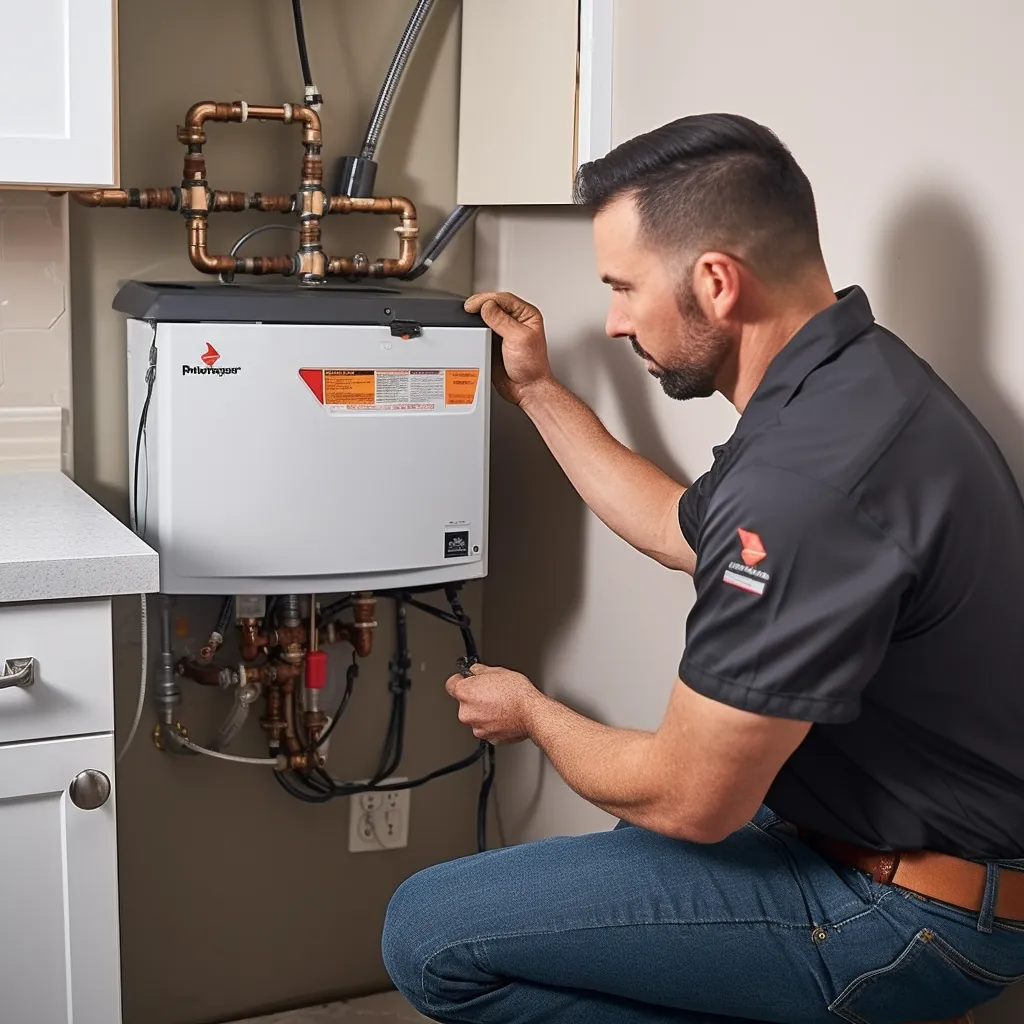
Cost and installation requirements for a tankless water heater
Tankless water heaters can be pricier than traditional models, with costs ranging from $1K to over $3K. Their installation charges can vary from $500-$2K depending on your home’s plumbing system and local labor rates. Since they operate differently, without a storage tank, tankless water heaters use a big gas line to power up and need electricity to run their electronic components. Therefore, make sure your home’s infrastructure is good enough to support the high energy-demand of the system. Don’t forget to get the proper unit size depending on your household’s hot water needs.

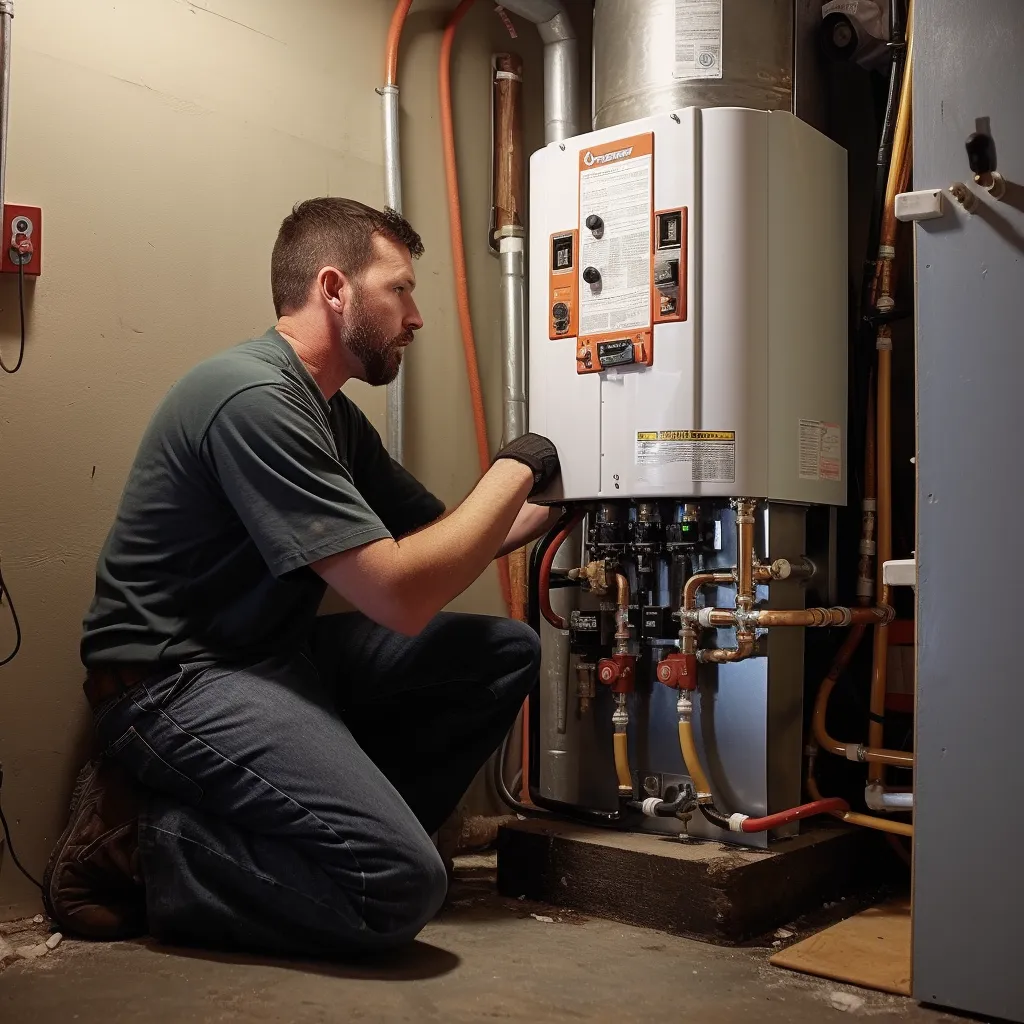
Common maintenance issues with a storage tank water heater
Storage tank water heaters come with a number of common maintenance issues:
Leaking tank: If your tank is leaking, it can cause water damage and be costly to fix.
Corrosion: Corroded tanks or parts can reduce your system's efficiency and require costly repairs.
Sediment buildup: Sediment buildup in the tank can decrease its heating efficiency and even damage plumbing fixtures.
Improper installation: Improper installation of a tank water heater can lead to hazards like gas leaks and electrical shorts.
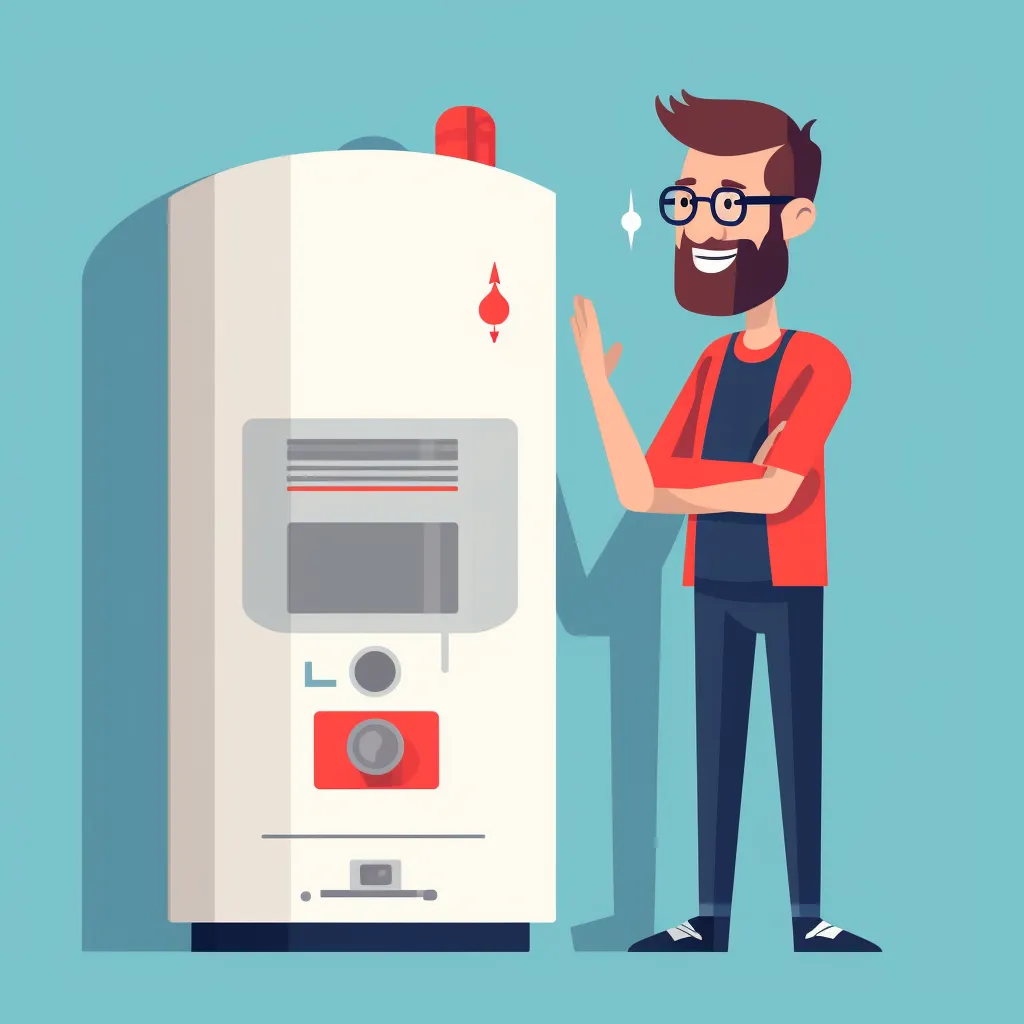
Common maintenance issues with a tankless water heater
Tankless water heaters are not immune to maintenance issues:
Clogs: Tankless systems can get sediment clogs similar to those in tank water heaters, which can hurt efficiency and damage.
Scale buildup: Hard water creates scale buildup in the heater, reduces performance and lifespan.
Electrical problems: Traditional models require less electricity than tankless water heaters, making it vital to check if your home's electrical supply is enough.
Gas line issues: The larger gas line needed for tankless systems must be secured and leak-free.

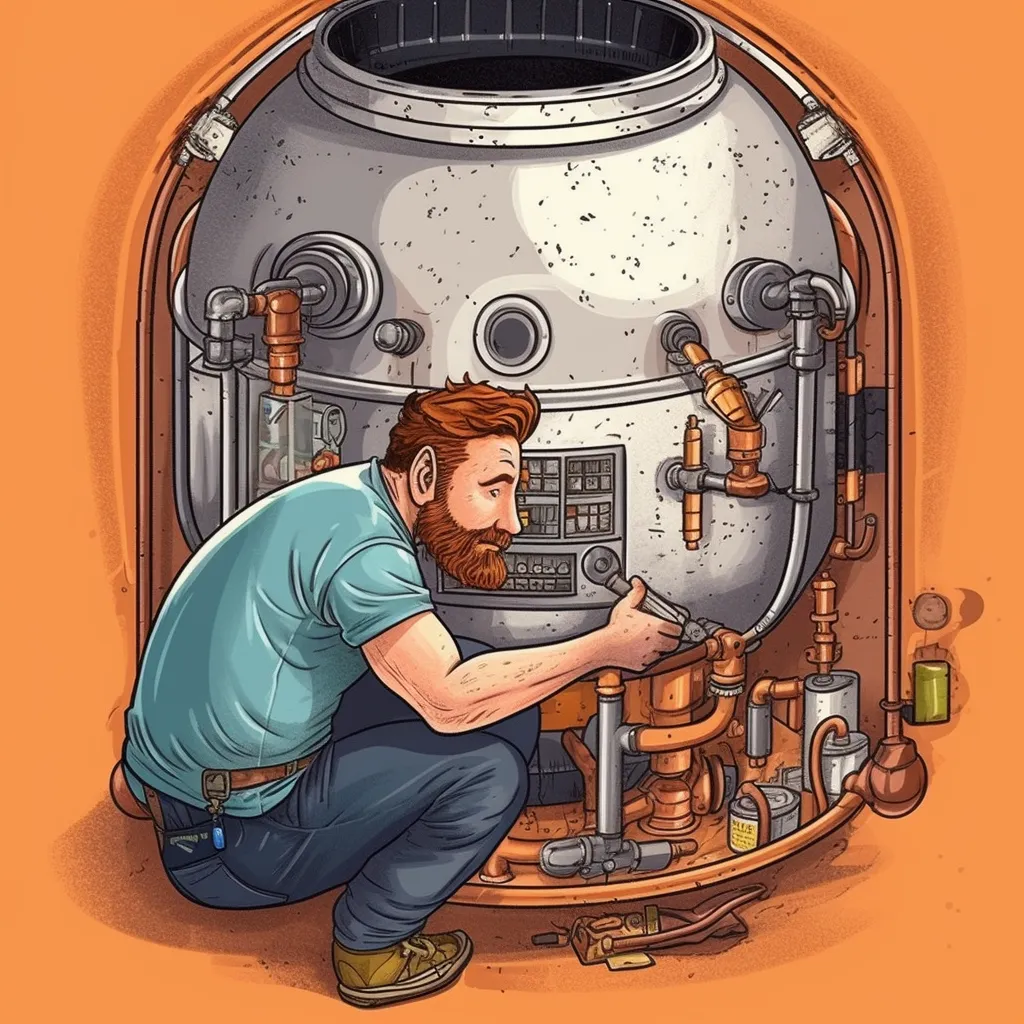
What is the lifespan
of a tank water heater?
It's not easy to say how long you can rely on a tank water heater before it goes kaput. On average, these units can run for between 8 and 12 years. But plenty of things can influence how long your water heater lasts, like how often you use it, how well you take care of it, and the quality of the unit. There are a few warning signs that your tank water heater is reaching the end of its lifespan, like strange sounds, leaks, rust-colored water, and lower water temperature. If you're getting signals that your water heater is reaching the end of the line, best to call a pro for guidance.
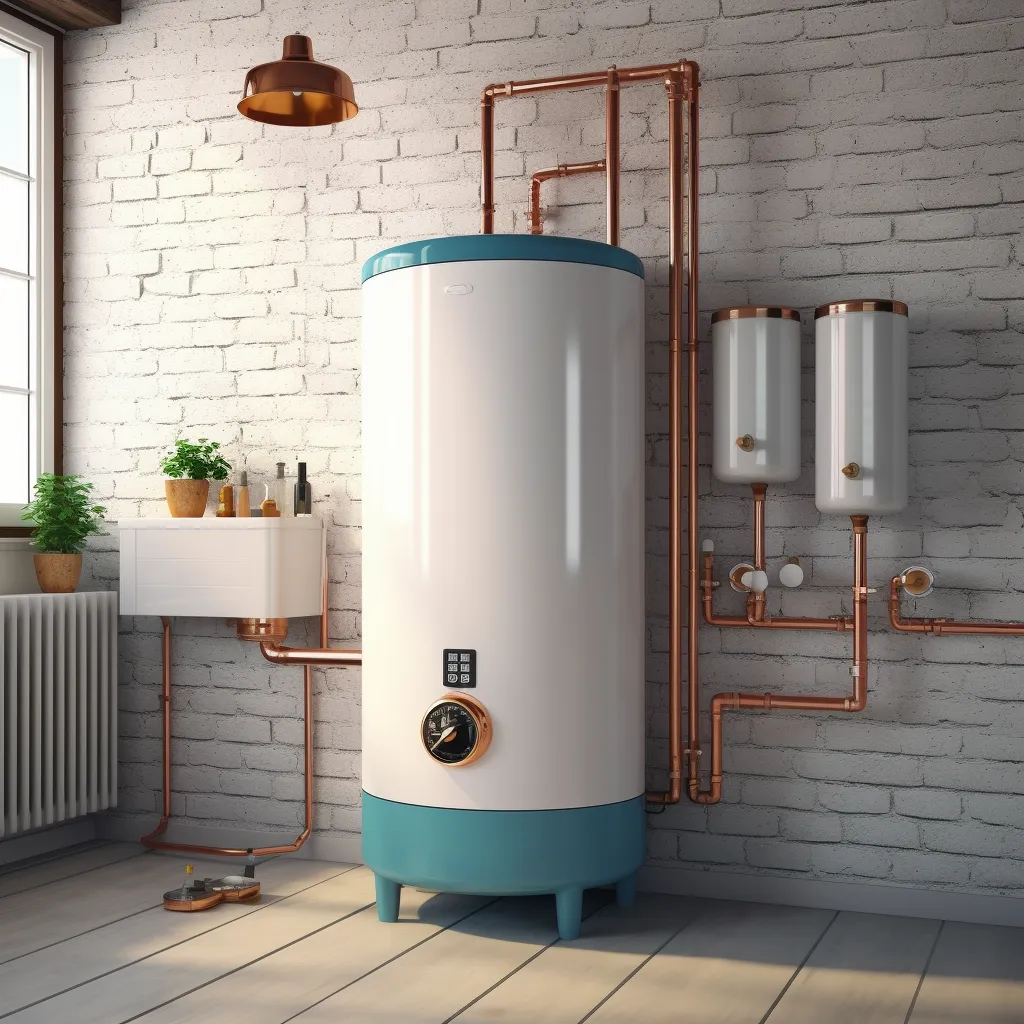
What is the lifespan
of tankless water heaters?
Tankless water heaters are the way to go for long-term use when it comes to saving money. With proper maintenance and care, they can last between 15-20 years on average. Their demand is increasing by the day and they promise to evolve even more in the future. Not only do they offer immediate benefits but they can also provide savings in the future, giving you peace of mind.
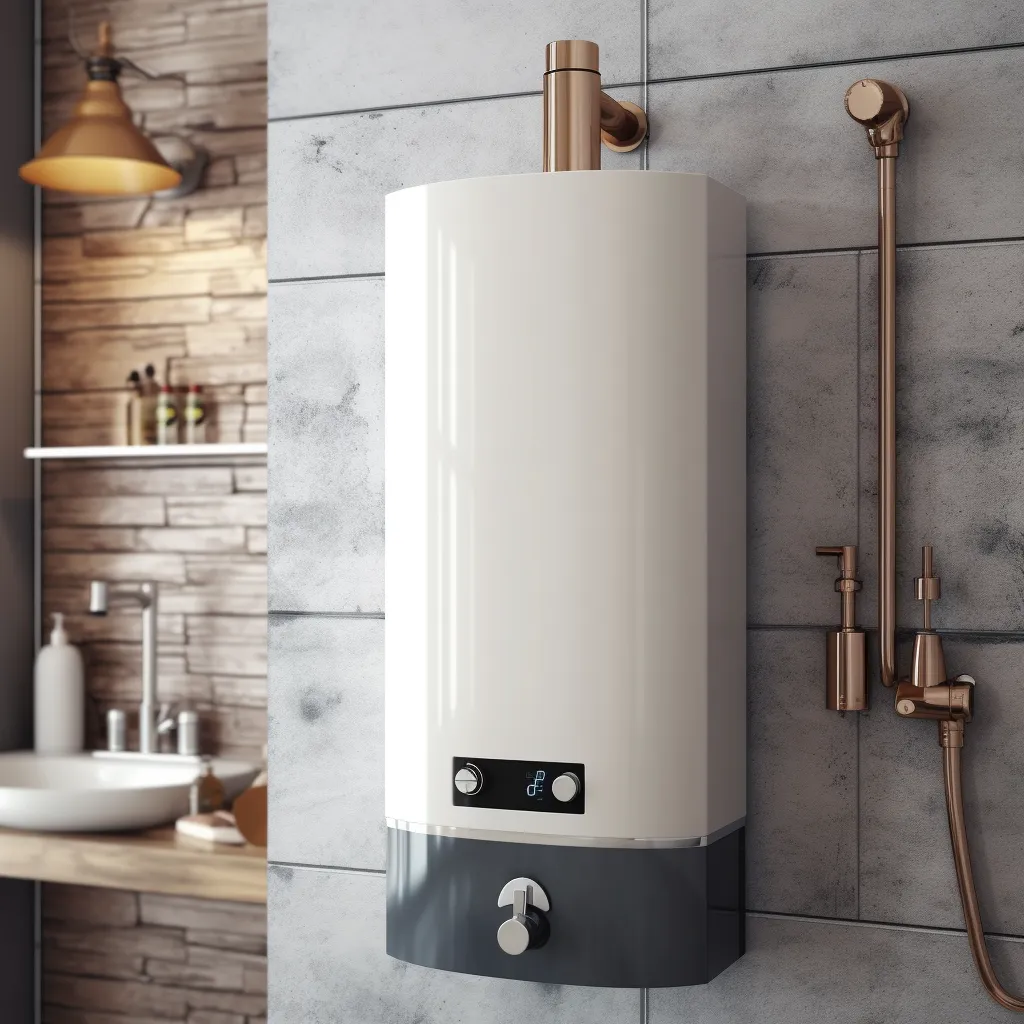
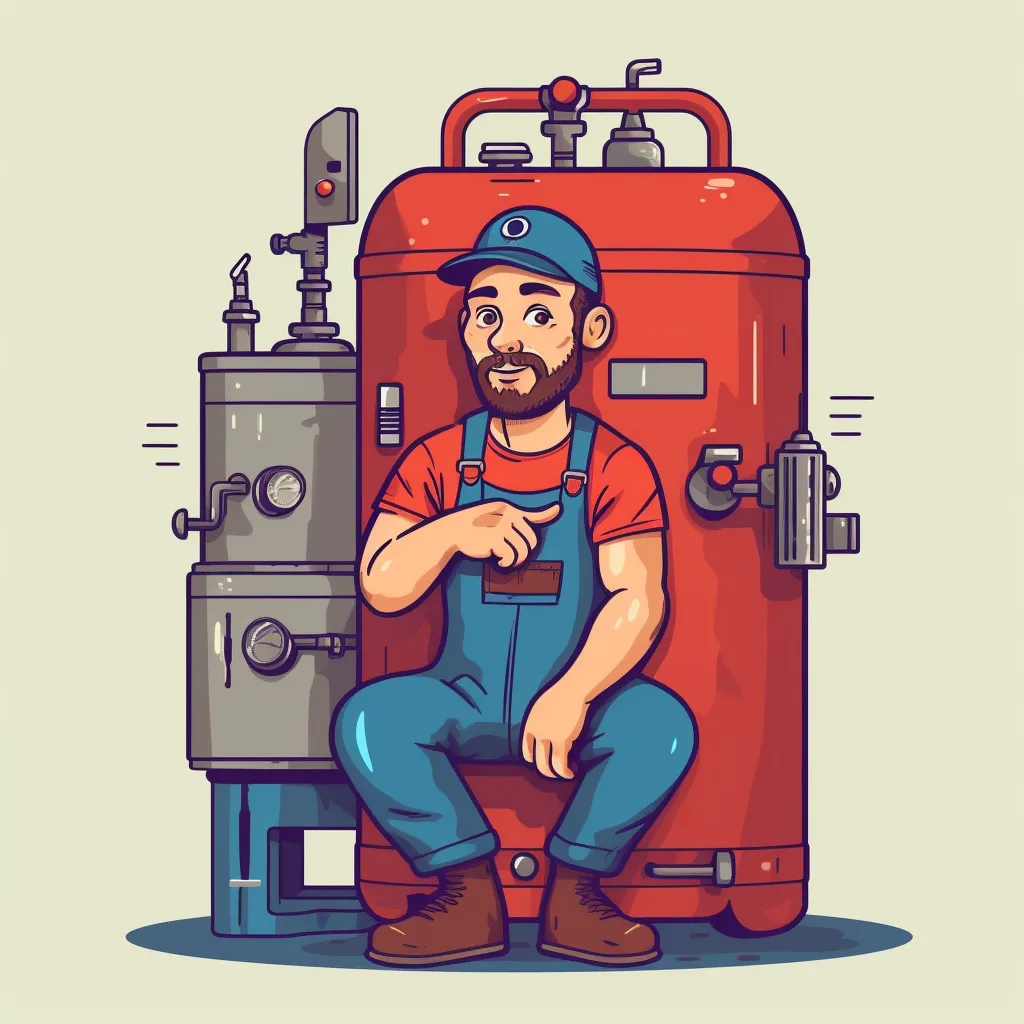
Gas vs electric water heaters
When it comes to selecting a water heater for your home, you might be wondering which is better: gas or electric? Both have their pros and cons that could influence your decision. Gas water heaters usually have lower operating expenses and heat water faster, but need a gas line hookup and regular upkeep. On the flip side, electric water heaters are simpler to install and keep, but their operating expenses may be higher and they could take longer to heat up water. In the end, the decision between gas and electric water heaters comes down to what you need and prefer.
Deciding if a tankless or a tank water heater
is right for you
Before deciding if a tankless or tank water heater is right for you, there are several factors to consider:
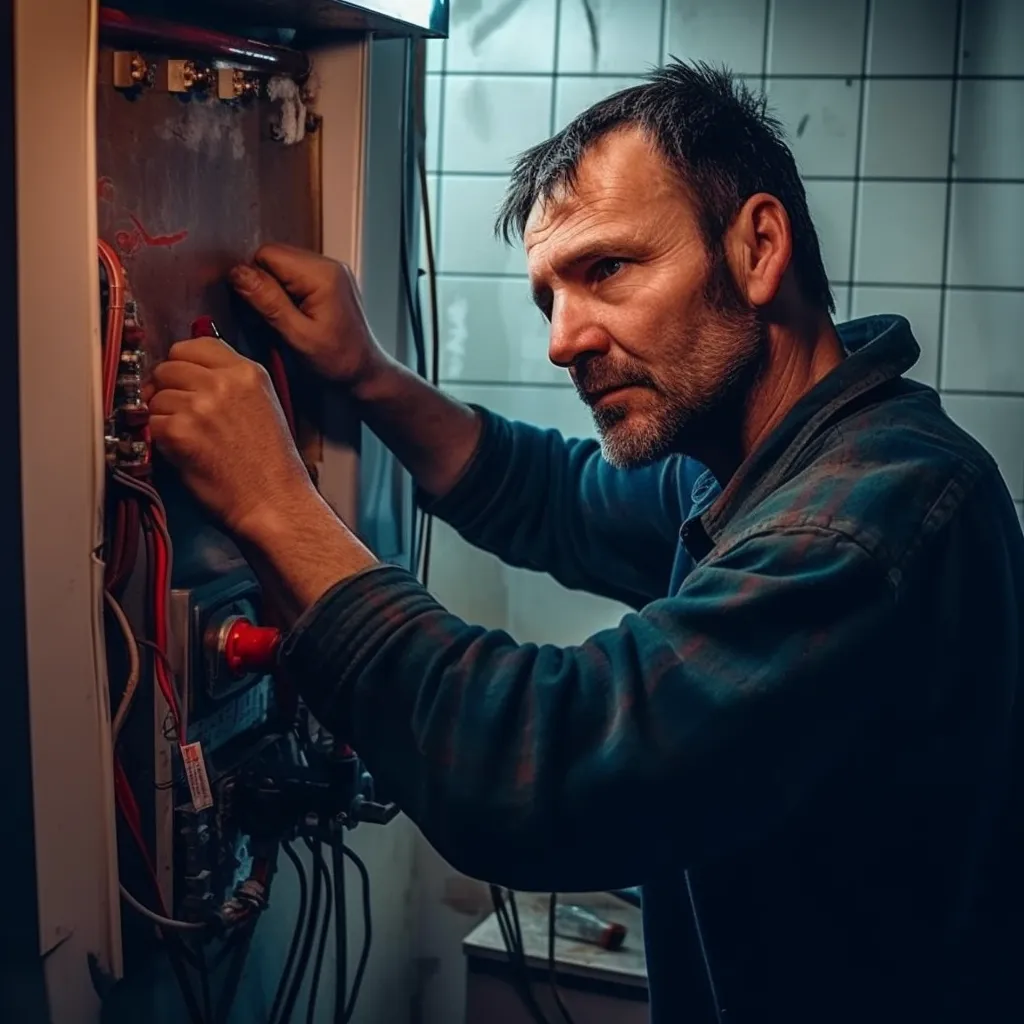
Your budget: Keep in mind that tankless water heaters can be costlier to buy and install than tank models, so be sure to consider all additional expenses.
Your usage needs: If you're looking for a limitless supply of hot water, a tankless model may be a better fit as it can provide hot water on demand without any interruptions. Tank models, while still efficient, may not be able to meet high usage demands.
The energy efficiency of each model: Make sure to compare the energy-efficient models of both tank and tankless water heaters before making a final decision.
The climate where you live: Keep in mind that tankless systems are suitable for areas that experience extreme temperatures, while tanks are ideal for milder climates.
Space: If you're tight on space, tankless water heaters are perfect as they require less space than tanks.

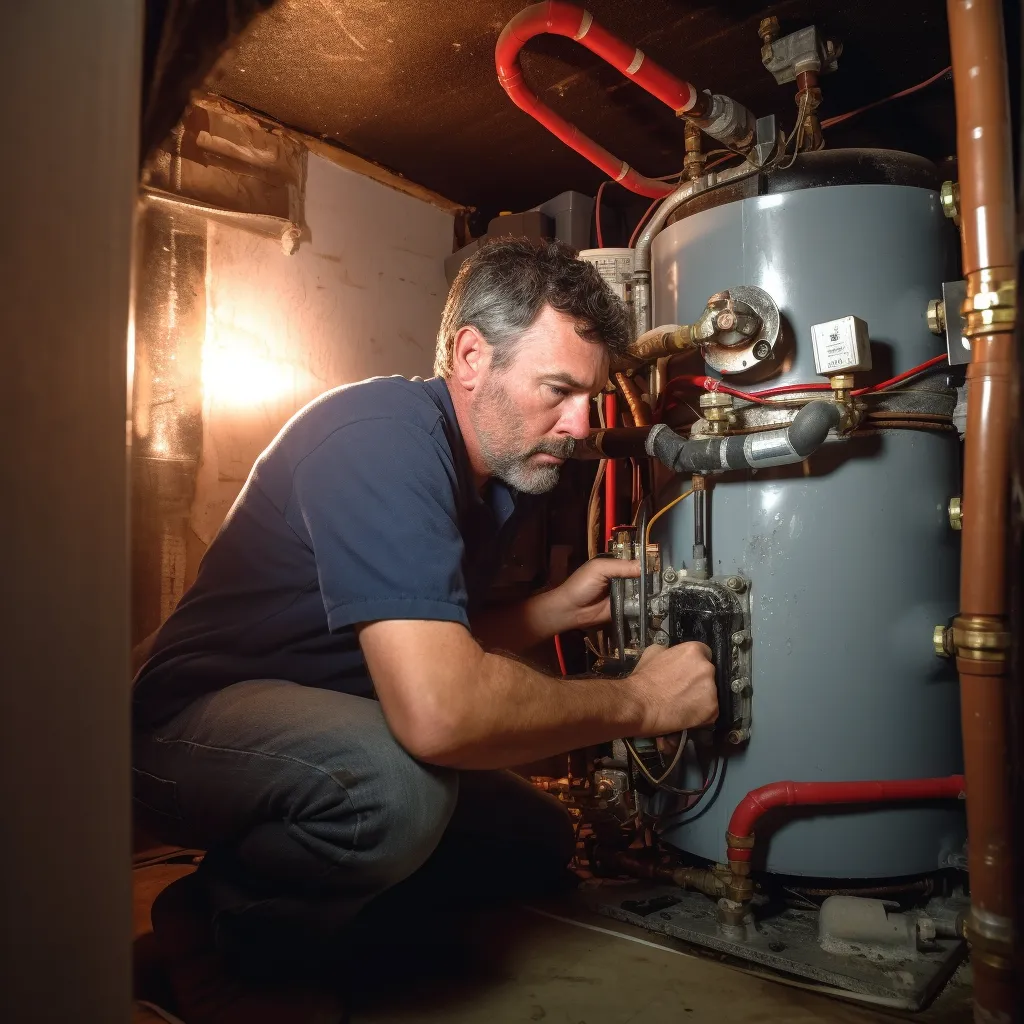
Why it's important to hire a licensed professional to install a new water heater
Getting a new water heater can be tough if you're not an expert. It's smart to get a licensed professional to install it so you can be sure it's done right. They'll help you pick the right type and size of water heater that meets building codes. They know how to stay safe and avoid problems. When you hire a licensed plumber, you won't have to worry about your home's safety. Your peace of mind is worth it when it comes to installing a crucial component like a water heater.
I

Researching tankless vs tank water heaters
is crucial
When it comes to choosing the right water heater for your home, you have two great options: tank and tankless. It all comes down to your specific needs, budget, and installation requirements. Take the time to research and consider these factors carefully before making a decision. A new water heater can make a huge difference in your home, helping you save money on energy costs and providing hot water whenever you need it. Just make sure to do your due diligence and look into the different types of units available, including their energy efficiency ratings. Best of luck with your decision!

Contact Us
GET IN FULL TOUCH
PHONE:+(520) 317-8178
Don's Plumbing Repair
Maricopa, AZ 85138
